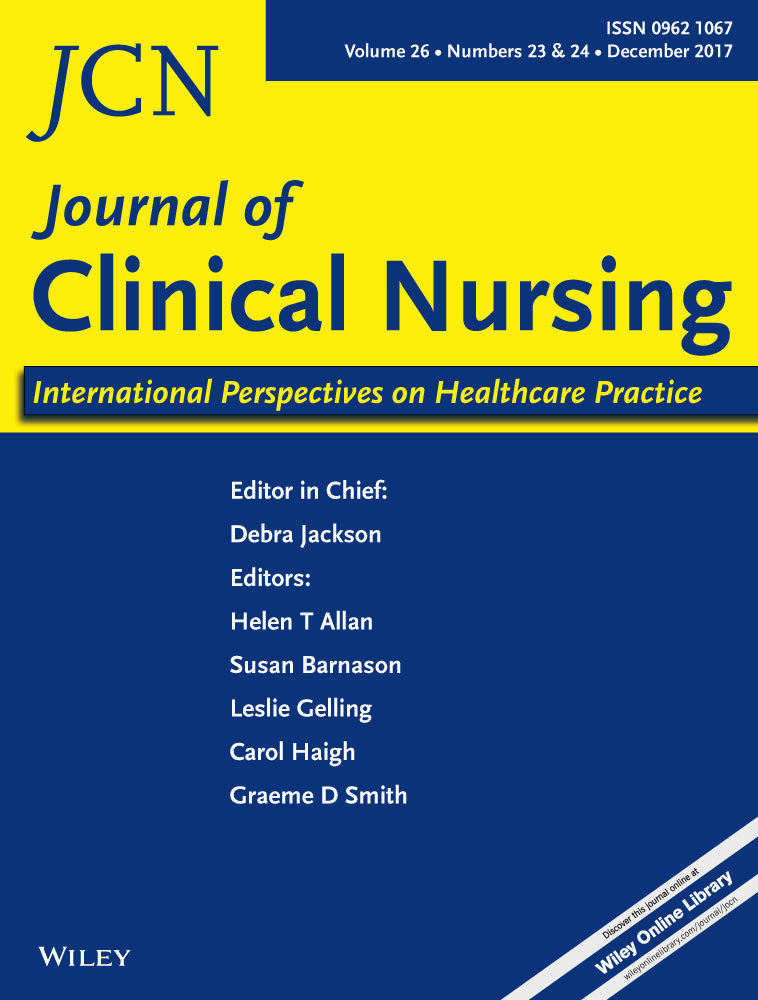The culture contributing to interruptions in the nursing work environment: An ethnography
Funding information
Support for this study was provided in kind by the US Army
Abstract
Aims and objectives
To understand the occurrence of interruptions within the culture of the medical nursing unit work environment.
Background
Interruptions may lead to errors in nursing work. Little is known about how the culture of the nursing work environment contributes to interruptions.
Design
A micro-focused ethnographic study was conducted.
Method
Data collection involved extensive observation of a nursing unit, 1:1 observations of nurses and follow-up interviews with the nurses. Data were analysed from unstructured field notes and interview transcripts. The definitions of interruption and culture guided coding, categorising and identification of themes.
Results
A framework was developed that describes the medical nursing unit as a complex culture full of unpredictable, nonlinear changes that affect the entire interconnected system, often in the form of an interruption. The cultural elements contributing to interruptions included (i) the value placed on excellence in patient care and meeting personal needs, (ii) the beliefs that the nurses had to do everything by themselves and that every phone call was important, (iii) the patterns of changing patients, patient transport and coordination of resources and (iv) the normative practices of communicating and adapting.
Conclusions
Interruptions are an integral part of the culture of a medical nursing unit. Uniformly decreasing interruptions may disrupt current practices, such as communication to coordinate care, that are central to nursing work. In future research, the nursing work environment must be looked at through the lens of a complex system.
Relevance to clinical practice
Interventions to minimise the negative impact of interruptions must take into account the culture of the nursing as a complex adaptive system. Nurses should be educated on their own contribution to interruptions and issues addressed at a system level, rather than isolating the interruption as the central issue.




